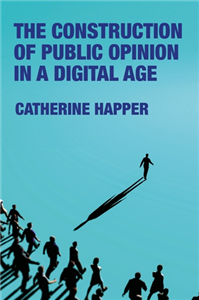The pound and the fury
Why anger and confusion reign in an economy paralysed by myth
by Jack Mosse
What's wrong with the UK economy? Everyone has an opinion. But no one has an answer. Why? For decades, our economy has failed to work for ordinary citizens: stagnant wages have been combined with underemployment and rising costs of basic goods like healthcare, education and housing. At the same time, a small minority of the population make obscene profits, while in the background we continue to hurtle headlong into an environmental emergency. While there is no shortage of anger and anti-elite sentiment expressed in what is often referred to as the 'culture wars', no significant challenge to the dominant economic model has broken into the mainstream. The pound and the fury argues that behind this failure of imagination are a set of myths about how the economy works, myths that stifle debate and block change. This book analyses the origins of these myths and how they might be dispelled at a time when, away from the public gaze, economic theory is opening up new possibilities of economic action. Possibilities that, as we emerge from the chaos of COVID-19, could lead to the radical structural changes we desperately need.








